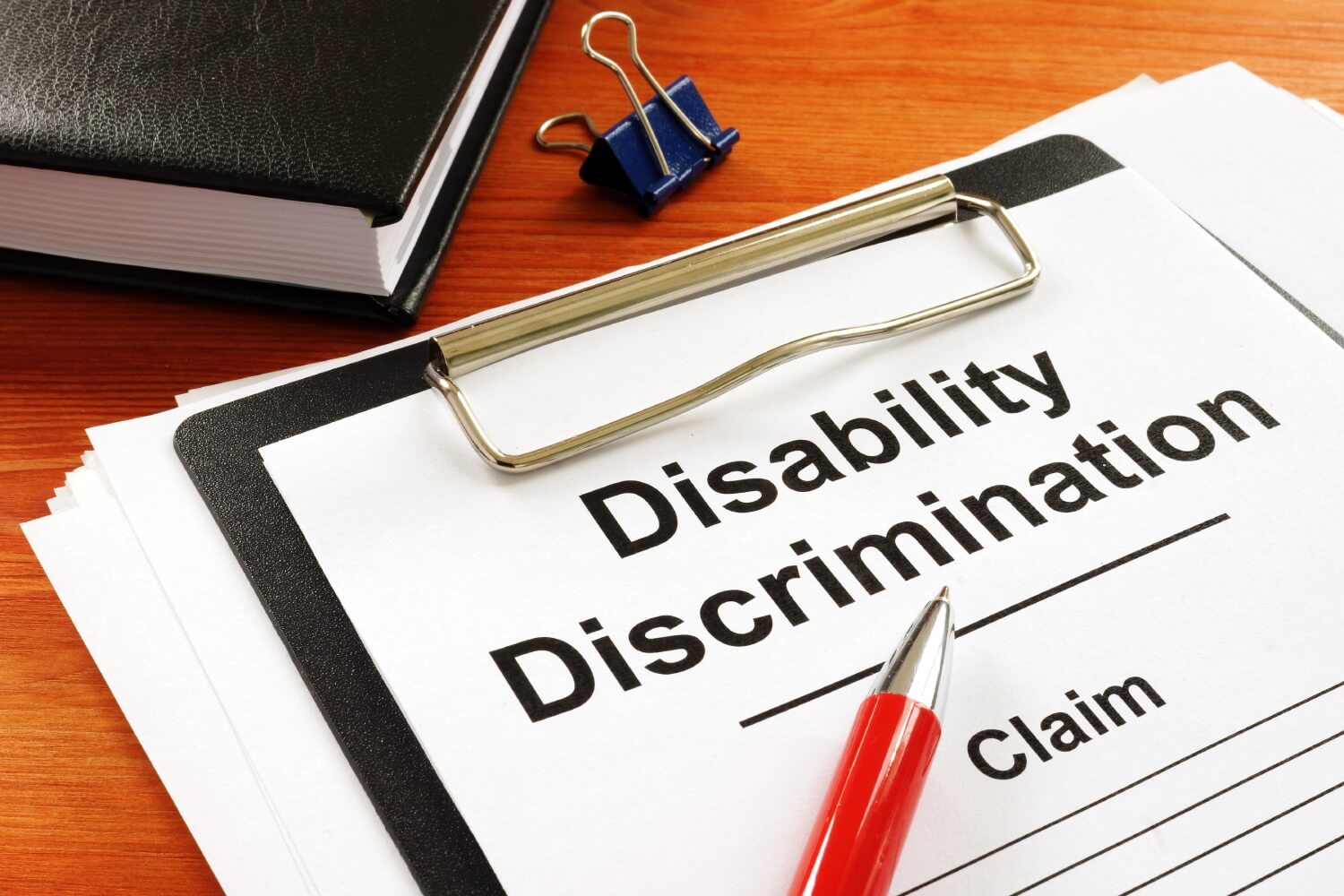Filing an ADA Disability Discrimination Claim
If you have been discriminated against by an employer because of a physical or mental impairment, you may have the right to take legal action against your employer or prospective employer. The first step is to file a discrimination charge with the Equal Employment Opportunity Commission (EEOC).
In Alabama, Georgia, Chicago, and many other states this charge must be filed within 180 days of the alleged discrimination incident. Our office helps its clients write their charges and guides clients through the EEOC’s investigative process. Once the EEOC charge is filed, the EEOC may decide to investigate your claim, invite you to participate in mediation with your employer, or issue a “right to sue” letter. After receiving the “right to sue” letter, you have 90 days to file your lawsuit.





